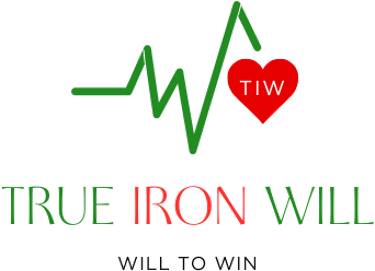Fitness Trackers: Helpful Tool or Modern Crutch?
Will Loiseau
4/17/20252 min read
Whether you’re training for a 5K or just getting back into a consistent movement routine after a long break, fitness trackers can offer valuable insights to help you understand your progress. Most devices come loaded with flashy features like heart rate monitoring, GPS, step counting, and sleep tracking, all designed to keep you aware and accountable.
And it works. I know because I’ve been there.
When I was training for 5Ks and marathons, my tracker was with me every step of the way, literally. I tracked my 10,000 to 15,000 steps every single day. Over time, it became more than a helpful tool. It became an obsession. If I was about to go to sleep and noticed I was 1,000 steps short, I wouldn’t think twice: I’d either march in place for 30 minutes or head outside and walk around the neighborhood until I hit my goal.
Eventually, something shifted. I no longer needed the nudge. Increased movement throughout the day became a natural part of my lifestyle. Today, I still wear a tracker, but I rarely check it other than to tell the time. I don’t have to because being more active is now second nature.
That’s the point I want to make: Fitness trackers can be useful, but they shouldn’t be your master.
They can be great for jumpstarting a better movement habit, but we should be cautious not to become overly dependent. The deeper issue is this:
WE ARE THE ONLY SPECIES THAT NEEDS A GADGET TO REMIND US TO MOVE
No other animal needs a step counter or an app to stay active. Movement is baked into their survival. It’s instinctual. Somewhere along the line, we lost that.
In today’s tech-driven world, convenience has replaced physical labor. We can work, shop, and socialize without ever leaving a chair. And while that’s efficient, it’s also dangerous. Sedentary lifestyles and poor nutrition are slowly weakening us, not just as individuals, but as a society.
We may not be evolving at the pace of our ancestors, but natural selection is still at work, and the current trends are troubling. I see it in my work and my community:
Rising rates of chronic disease
More hip, knee, and shoulder replacements
Younger people developing mobility issues that used to be reserved for old age
One major culprit? Inactivity.
Take osteoarthritis, for example, one of the leading causes of joint replacements. It’s the 11th highest contributor to global disability, and the hips and knees bear the brunt of the burden. The old saying is still true:
IF YOU DON'T USE IT, YOU'LL LOSE IT
We weren’t meant to sit all day. We were built to move. Walk. Climb. Stretch. Squat. Run. Dance. Lift. Play.
So yes, use the tracker. Let it help you become more aware of how often (or how little) you move. But don’t let it rule your life. Your body already knows what it needs, it’s just waiting for you to remember.
Start Your Transformative Journey Today
© 2026 True Iron Will LLC. All Rights Reserved .
Mailing Address:
1317 Edgewater Drive #1297
Orlando, FL 32804
TrueIronWill1@gmail.com
